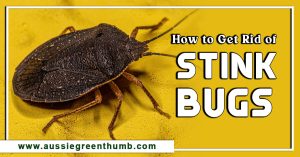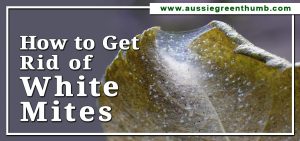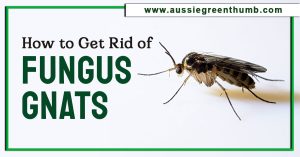There’s little to love about scale insects, and they offer little benefit to gardens or gardeners. By covering themselves in foul-tasting secretions, they disguise themselves from predation, and can multiply quickly while feeding on healthy plants.
Scale insects are small, sap-sucking insects named after their waxy, scale-like, covering that protects them from many organic pesticides as well as predators. They can be a significant problem for plants and can weaken or even kill them.
In this article, we will discuss how to identify, prevent, and treat scale insects to protect your beloved gardens.
More...
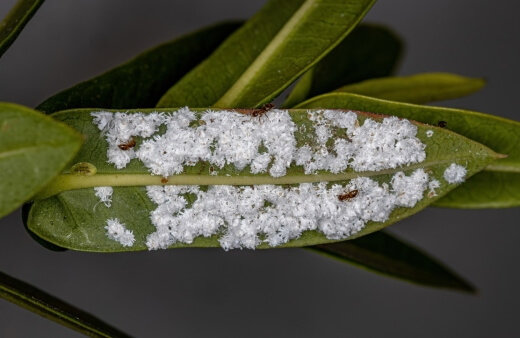
Genus: | Various (in the order Hemiptera) |
|---|---|
Species: | Various |
Common Name: | Scale Insects |
Type: | Wingless, sap sucking insects |
Size: | 1mm - 1cm long |
Key Features: | waxy or hard shell, usually covered in white secretion |
Colour: | Brown or black, covered in white secretion |
Effects: | Causes disease and fungal infection by feeding on leaves and stems |
Prevention: | Regular watering and fertilising. Encouraging natural predators. |
What are Scale Insects?

Scale insects are a vast order of insects in the Sternorrhyncha suborder of the Hemiptera order. They come from a wide group of genera, containing about 8000 species. They are typically found on young green stems, or on the underside of plants with waxy leaves.
While each species of scale insect can vary in appearance, they are generally small and have a white foamy coating over black or brown shells.
Scale Insect’s Natural Habitat
Scale insects are found all over the world, with fossil records dating back to the cretaceous period. As such, they are well adapted to life in every corner of the planet, and can be found on many different types of plants, including trees, shrubs, and houseplants.
Temperature (both hot and cold) has little effect on them, and they can survive deep frosts, and prolonged drought, either as infants, adults, or eggs.
What Plants do Scale Insects Affect?
Scale insects can affect a wide range of plants, but are particularly problematic on houseplants, citrus trees, and camellias. Even the generally indestructible fern can be brought to its knees by these tiny pests.
Scale Insect Identification
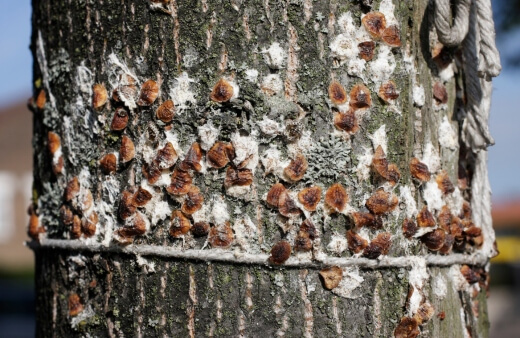
Identifying scale insects is easy once you know how, but for beginners it can be hard to distinguish them from small clusters of spider mite eggs, as they are both coated in waxy or silky protective layers.
Even clusters of whitefly and aphids can be easily mistaken, so you’ll need to look up close.
How to Spot Scale Insects?
Scale insects can often be difficult to spot as they tend to blend in with the plant they are feeding on. Look up close for small, circular, bumps on the stems or under the leaves of your house and garden plants.
On close inspection, they look like tiny woodlice. It’s also worth noting that mealybugs, while technically a different species, are incredibly closely related, look nearly identical, and can be treated in the same way.
Where to Find Scale Insects on Plants?
Scale insects can be found on any part of plants, but in late summer they will usually congregate on the midrib of the underside of leaves, where the majority of nutrients flow.
Signs of Scale Insect Damage on Plants
The most common sign of scale insect damage is yellowing and wilting of leaves. Plants may also appear stunted or weakened by the constant feeding.
Similarly to spider mites, scale insect damage can be hard to spot as they feed with small piercing mouth-parts, but if you notice tiny orange dots on the top side of leaves, you’ll be sure to find scale insects, thrips, or spider mites hiding beneath.
Refer to our guide to learn more about spider mites and how to get rid of them.
What Causes Scale on Plants?

There are three major conditions that will very much exacerbate an infection of scale insects:
- Humidity: Scale insects thrive in humid environments, so high humidity can contribute to their growth.
- Shelter & Light: Scale insects often seek shelter in crevices or cracks in plants, and they prefer shaded areas, so plants in bright, sunny spots that are kept well-watered are less prone to infestations.
- Lack of Predators/Biodiversity: Lack of predators can contribute to the growth of scale insect populations. Encouraging biodiversity and natural predators like ladybugs can help control their populations.
How to Prevent Scale Insects
What Plants Prevent Scale Insects?
Marigolds, nasturtiums, garlic (and other alliums to a lesser extent) are effective at repelling scale insects around the garden, but it can be challenging to deter them naturally indoors.
If you have a kitchen herb garden, then growing basil and mint will also help to deter them on other less fragrant herbs.
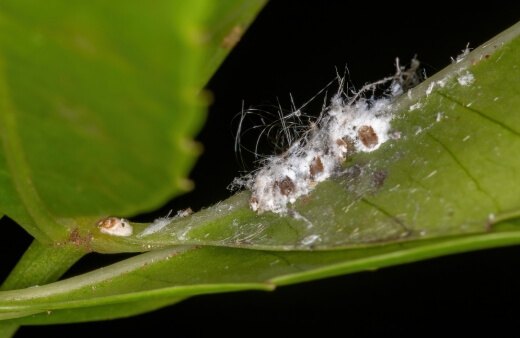
Organic Scale Insect Prevention
Organic prevention methods for scale insects, other than deterrent plants, are simple. Perhaps the best way to keep them at bay though is simple plant maintenance, like pruning out any damage growth, avoiding overwatering and overfeeding, and encouraging natural predators like ladybugs in your garden by planting umbellifers (flat-topped flowers like yarrow or angelica).
Scale Insect treatment
Scale Insect Treatments & Organic Killers
1. Neem Oil
Neem oil is an organic treatment that works by smothering and suffocating the scale insects. Its oily qualities create a dense coating that cuts off oxygen, while the natural chemicals can shut down the nervous systems of some soft shelled insects too.
It can be sprayed directly on the plant when mixed with water, but it’s important to avoid liberal outdoor use as it can be damaging to beneficial insects too.
Pros
- Organic
- Effective
- Good value
Cons
- Strong odour
- Harmful to other insects until dry
2. Safer Brand Horticultural & Dormant Spray Oil
Horticultural oil works in the same way as neem oil, and many brands include neem in their composition. Safer Brand Horticultural & Dormant Spray Oil is fully organic, and doubles up as a treatment for fungal problems on plant leaves, often caused by the scale insects, which makes it doubly useful.
Pros
- Effective
- Non-toxic
Cons
- May require repeat applications
- Can harm some plants if used excessively
3. Earth-tone Insecticidal Soap
Insecticidal soap disrupts the cell membranes of the scale insects and can be sprayed directly on the plant when you notice the pests. While it is less effective than neem oil and horticultural sprays, it is generally safer to use outdoors and less likely to harm other insects.
But, as with all insecticides, it’s worth being very careful and avoiding spraying near bees, butterflies, ladybirds, and other beneficial garden insects.
Pros:
- Organic
- Non-toxic
Cons:
- Requires repeat applications
DIY Scale Insect Treatment
An effective DIY treatment for scale insects is a mixture of rubbing alcohol and water in a 50:50 ratio. Use warm tap water, and add a few drops of dish soap to make it stick more effectively.
The alcohol works by dissolving the waxy coating that protects the scale insects and dehydrating them, supported by the adherence of the soap.
Scale Insect Frequently Asked Questions
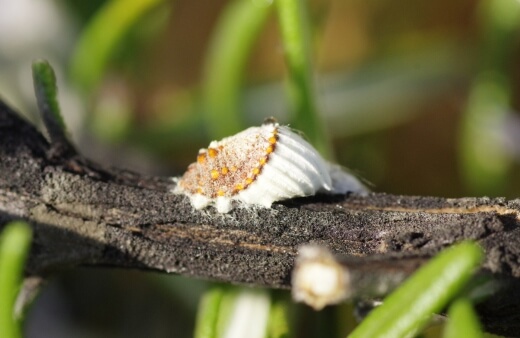
How can I tell if my plant has scale insects?
Look for small, circular bumps on the stems or leaves of your plants, usually with white coatings. Some species may have a brown or beige coating on their shell, and they are often hard to dislodge if they are currently feeding.
Can scale insects kill my plants?
Scale insects can weaken and even kill your plants by feeding on the saps and chlorophyll through the surface of their leaves or stems. They rarely kill plants directly from consumption though, and it is more often the resulting fungal infection that does more damage.
Can I prevent scale insects?
Proper plant care, including well-managed watering and feeding, can help to prevent scale insects. Encouraging natural predators such as ladybirds is the most effective treatment and prevention though, but if they won’t visit the garden naturally, you can order ladybirds online.
How do I treat scale insects?
Organic treatments, like neem oil, horticultural oil, and insecticidal soap are effective treatments for scale insects.
Wrapping Up Our Scale Insect Identification and Treatment Guide
Scale insects can be a serious problem for plants, and offer a significant headache for gardeners. However, with proper care and treatment, they can be controlled. Encouraging natural predators like ladybirds and lacewings into your garden can also help control their populations.
By following these tips, maintaining a healthy garden, and making sure you check your houseplants regularly, you can keep your plants healthy and free from scale insects.
Published on May 3, 2023 by Gary Clarke
Last Updated on October 25, 2023

